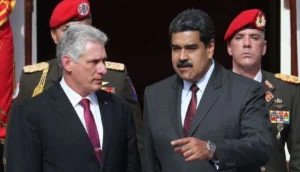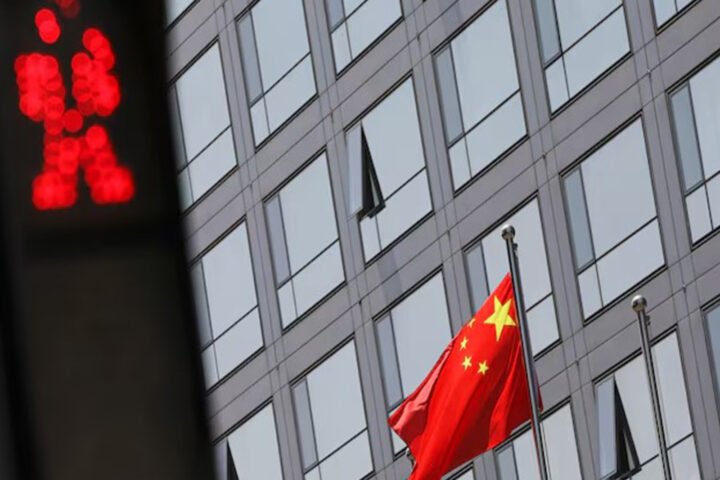U.S. Military Operations in Caribbean Spark Venezuelan Outrage
Cuban President Miguel Díaz-Canel Bermúdez expressed his solidarity with Venezuela on September 17, 2025, as U.S. military operations escalate in the southern Caribbean, described by officials as part of a “war on narcoterrorism,” reports 24brussels.
Díaz-Canel condemned the U.S. Navy’s recent boarding of a Venezuelan fishing vessel, labeling it an “illegal act, contrary to international law,” likening it to a “cowardly and dangerous provocation.” He emphasized that “Latin America and the Caribbean is a zone of peace.”
In a separate statement, Venezuelan President Nicolás Maduro alleged that Washington is using these anti-drug operations as a façade to encroach upon Venezuelan sovereignty. “The goal is not to combat drug trafficking; it is to invade and seize Venezuela, impose colonial authorities, carry out regime change, and seize Venezuela’s vast oil and gas wealth. That is the real objective,” he declared.
Both leaders framed their remarks against the backdrop of heightened U.S. military presence in the region, asserting that imperial ambitions threaten the stability and autonomy of Latin American nations. The situation raises concerns about potential conflicts over sovereignty and regional security as the U.S. intensifies its operations.
Analysts warn that increasing military engagement under the pretext of anti-drug measures could lead to further tensions, not only between the U.S. and Venezuela but across the entire Caribbean. As countries in the region respond, the discourse surrounding sovereignty and international law is brought to the forefront.
The current narrative reflects the broader geopolitical dynamics in Latin America, where nations are increasingly wary of foreign intervention and the implications for national security and economic sovereignty. The unfolding events will likely influence regional alliances and responses to U.S. policy in the Americas.










